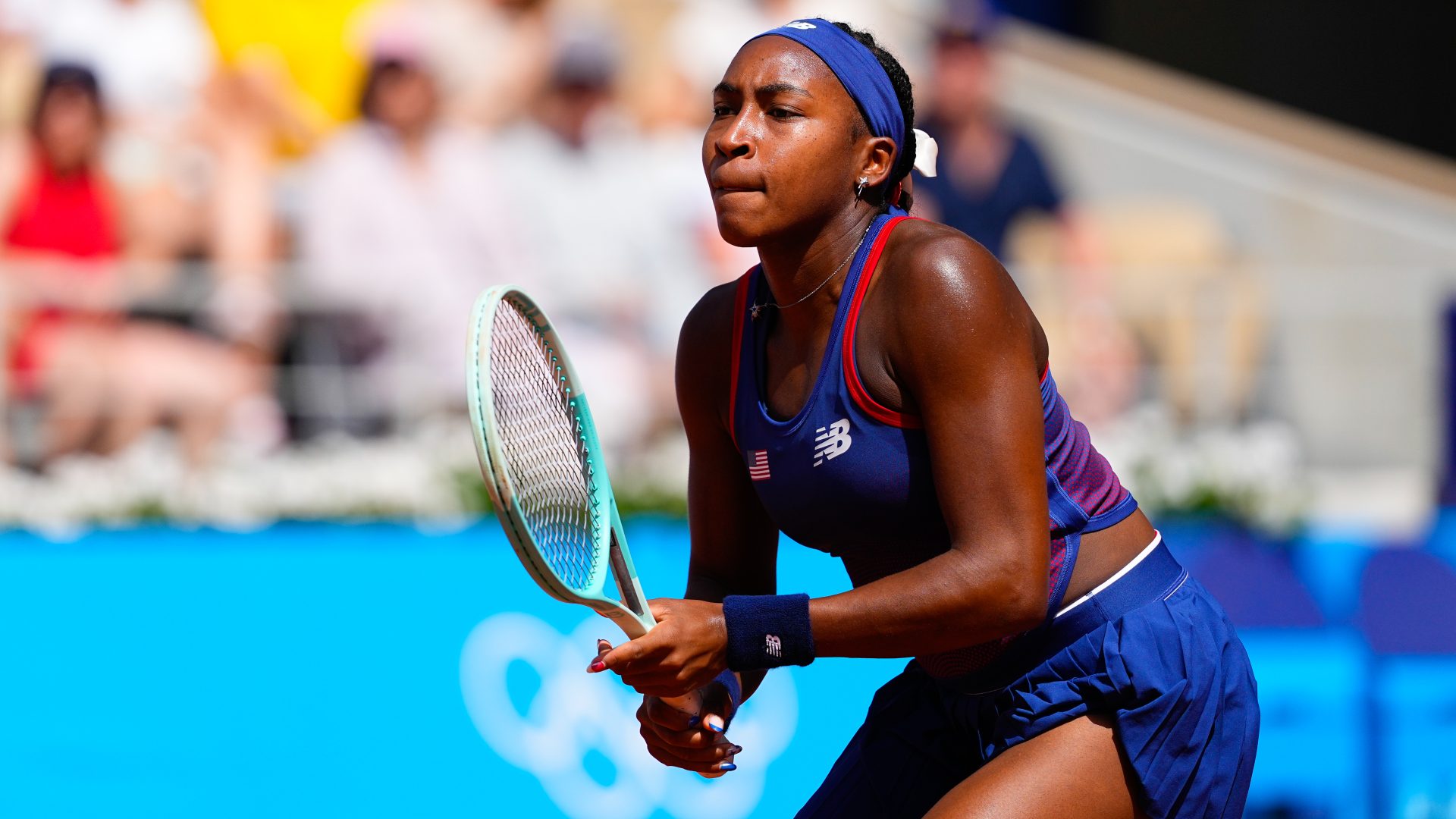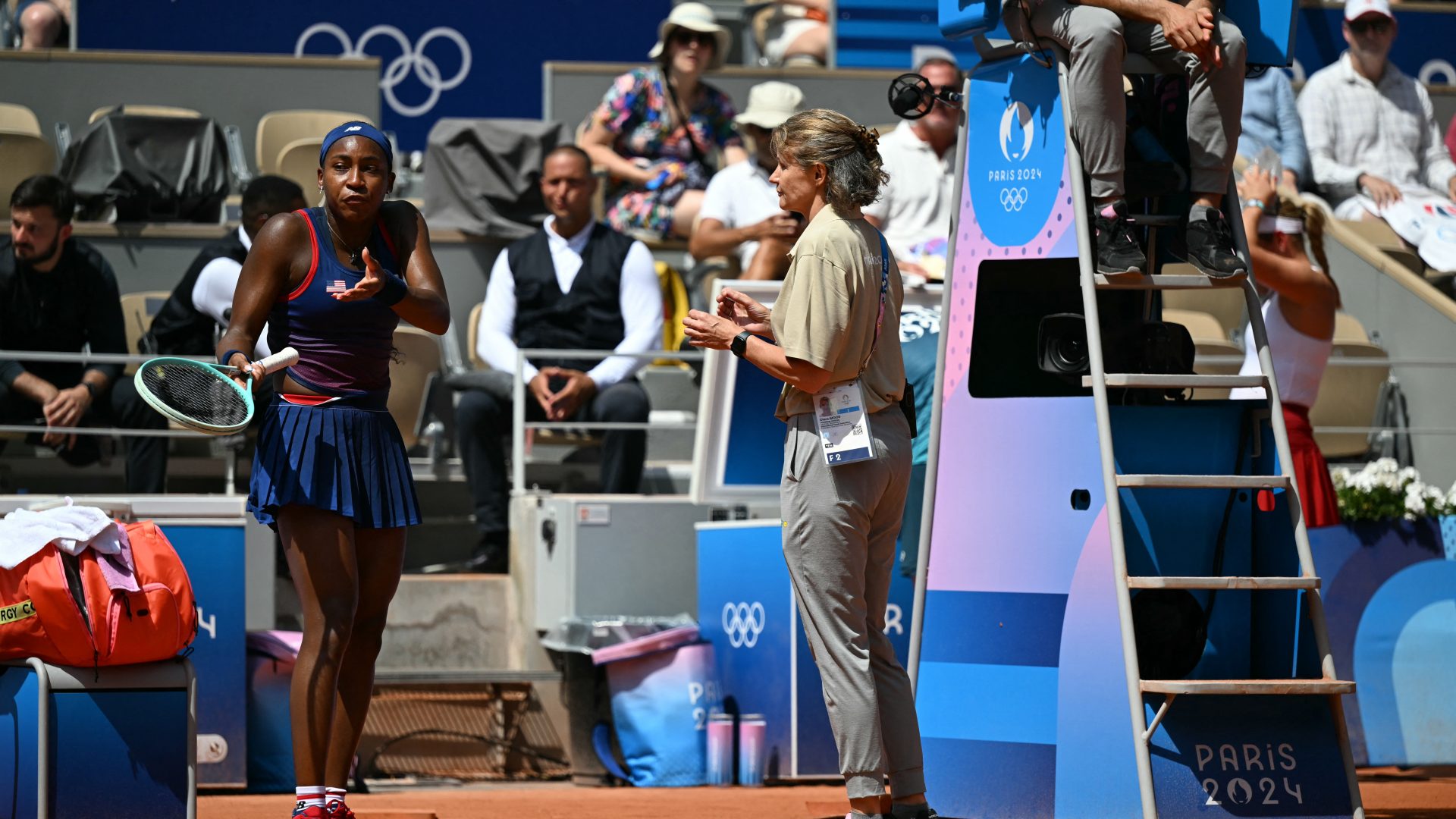
At the 2024 Paris Olympics, Coco Gauff is out of the women’s singles due to a defeat of 6-7, 2-6 between Croatia’s Donna Vekic, but it ended in controversy after Gauff got into an argument with the umpire after a line call on Gauff’s baseline was deemed out, but the decision was overruled, and the decision was handed to Vekić. Gauff began stating her case, sharing that the point should be replayed as the call was made just before she hit the ball. The supervisor then came onto the court, and Gauff wiped tears away from her eyes.
This incident underscores the recurring theme of Black women having to advocate for themselves in environments where they are often marginalized and not adequately protected. This incident echoes the experiences of many Black women who find themselves fighting for recognition, respect, and fairness in spaces dominated by biases and discrimination. “I feel like I’m getting cheated on constantly in this game,” She says. “it happens to me, it happened to Serena [Williams].”

Historically, Black women in sports have had to advocate for their rights and recognition continually. From Althea Gibson, the first African American to win a Grand Slam title, to Serena and Venus Williams, Black female athletes have consistently broken barriers and challenged the status quo. Yet, their journeys have been fraught with instances where they had to assert their presence and demand fairness, often without the support and protection afforded to their peers. These athletes have had to be their own advocates in the face of systemic racism and sexism.
The argument with the umpire highlights how Black women are often not given the benefit of the doubt. Emotions run high in the heat of competition, and disputes are common. However, the response to Gauff’s actions was notably different from how similar incidents involving non-Black athletes are often perceived.
Black women, including Gauff, are frequently subjected to harsher judgments, such as being labeled as angry or aggressive. This double standard forces them to navigate their professional and personal lives with the additional burden of combating these prejudices. “There’s been multiple times this year where that happened to me, where I feel like I always have to advocate for myself on the court,” she told reporters.

Gauff’s experience is a continuation of this legacy. Her argument with the umpire is a microcosm of the broader societal issue where Black women’s voices are frequently disregarded or suppressed. In many professional settings, Black women report feeling undervalued and overlooked. They often have to work harder to prove their competence and worth. This reality is mirrored in the sports world, where their achievements are sometimes minimized, and their challenges are amplified.
Gauff’s confrontation with the umpire is more than a singular event; it is a reflection of the ongoing struggles of Black women who must continually advocate for themselves in a world that often fails to protect them. “I feel like in tennis, we should have a VR system because these points are big deals,” she tells reports. “Usually, afterwards, they apologize, so it’s kind of frustrating when the sorry doesn’t help you once the match is over.”
About the Author: Kenyatta Victoria is the lead writer for Essence GU, working on all things pop culture, politics, entertainment and business. Throughout her time at GU, she’s garnered devoted readers and specializes in the Zillennial point of view.